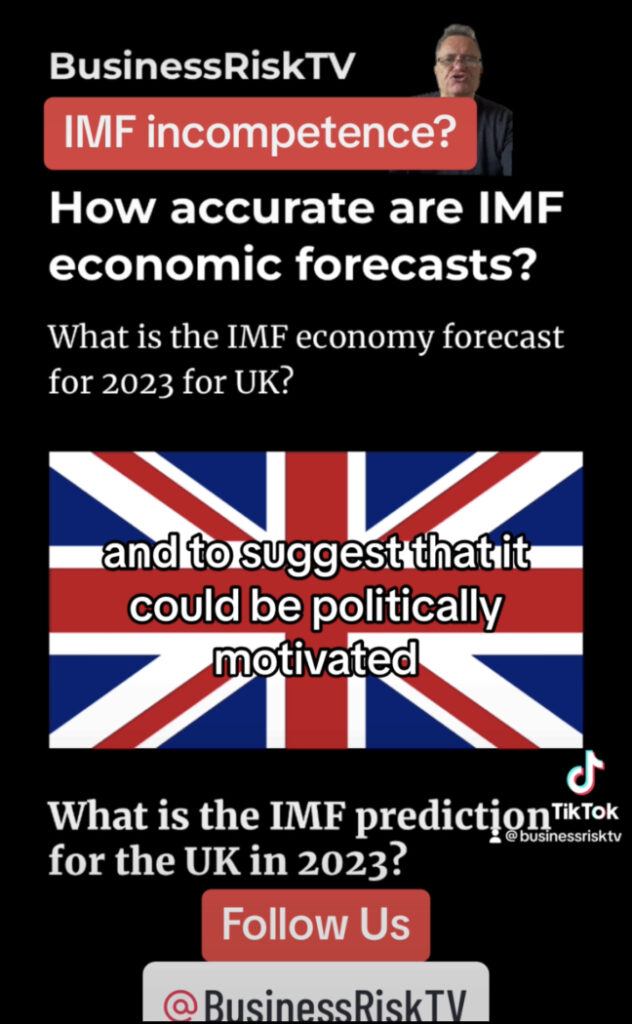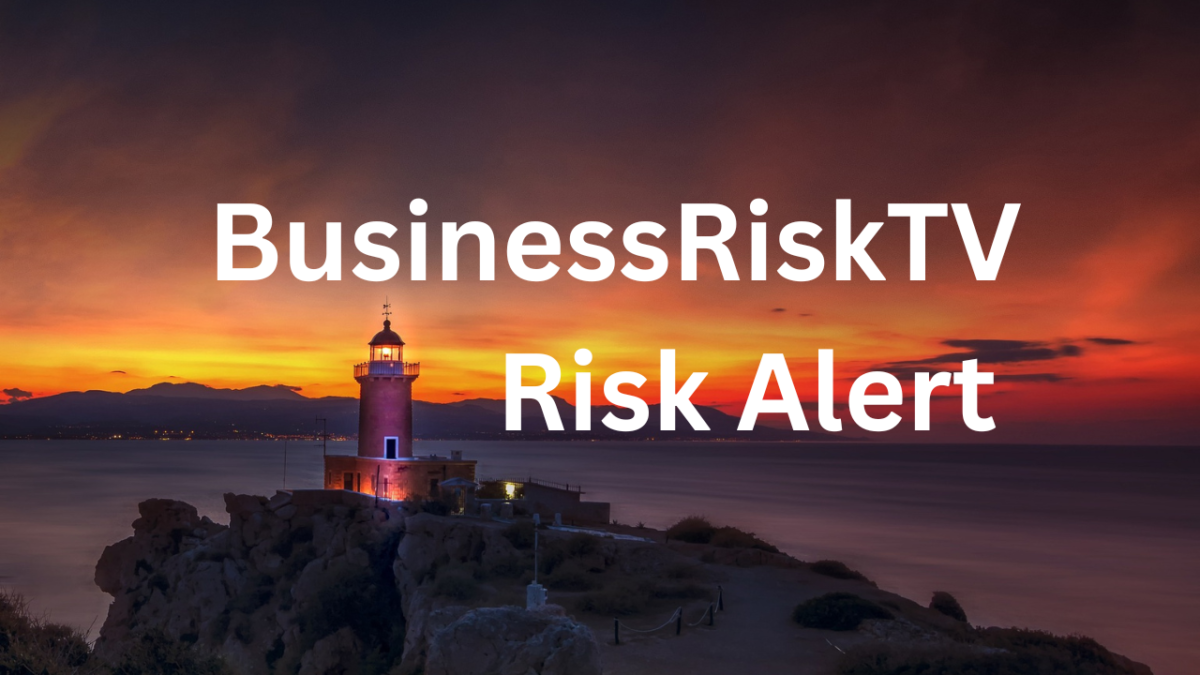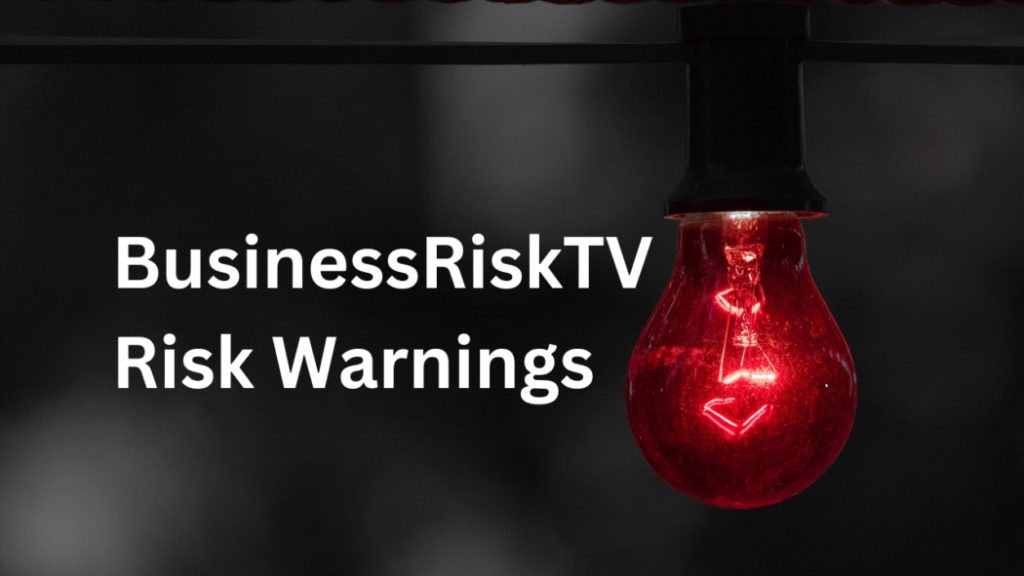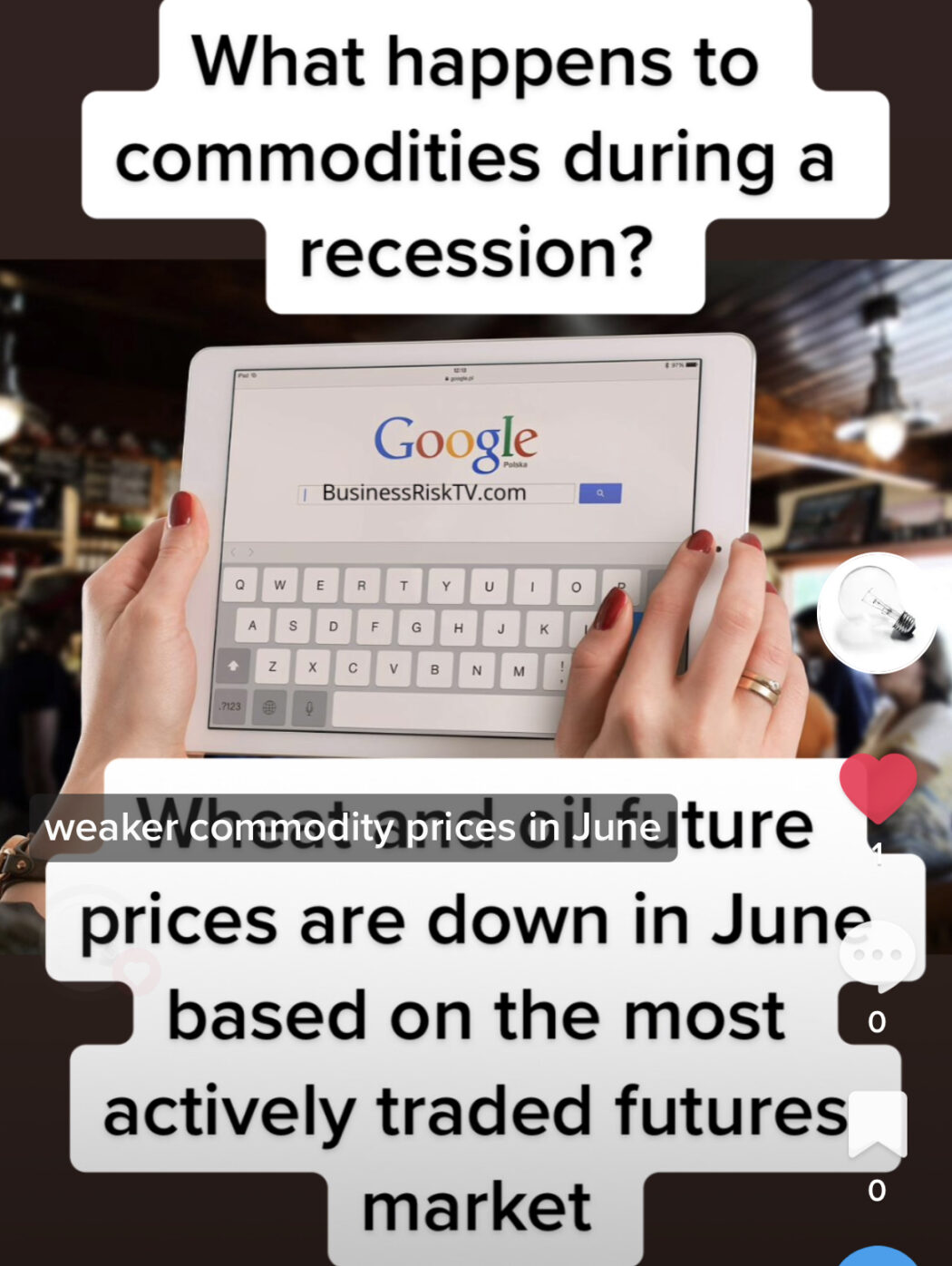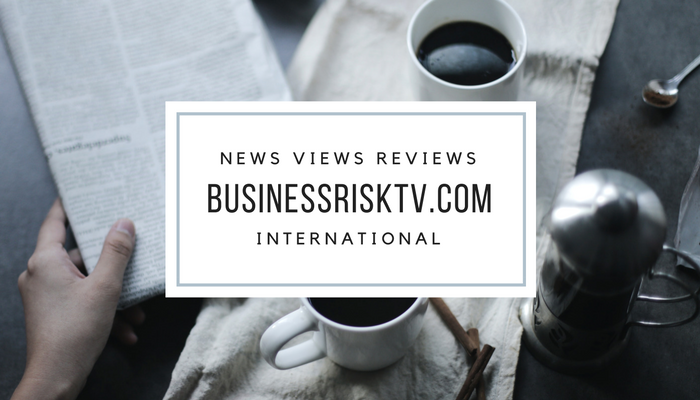The EU’s Defence Gamble – Your Savings on the Line?
“The EU’s defence spending gap is staggering. Estimates suggest a shortfall reaching hundreds of billions. This isn’t just about tanks and planes. It’s about your money. Yes, your savings. The European Union is eyeing private capital, specifically, the vast pools of private savings, to bridge this divide. It’s a bold move, and it’s fraught with potential risk. But what does it really mean to “mobilise” private savings? Does it include your bank account? The answer might shock you. This isn’t a theoretical exercise, it’s a strategic shift that could ripple through the financial landscape, impacting every consumer and business within the EU. Consider this: a single policy change could redirect billions, potentially affecting your financial security. You’re not just reading about policy; you’re reading about potential financial vulnerability. This isn’t fear-mongering; it’s a call to proactive awareness. We’ll explore the EU’s plan, dissect its potential dangers, and, most importantly, provide actionable strategies to protect your assets. Because, frankly, waiting is not an option. Let’s get into the details, and I will show you how to navigate this new financial reality.”
The EU’s Defence Funding Shift: Mobilising Private Savings and Its Implications
1. The EU’s Defence Funding Dilemma
The European Union faces a growing security challenge. Geopolitical tensions, particularly the ongoing conflict in Ukraine, have underscored the need for a stronger and more unified defence posture. However, achieving this requires substantial financial investment. Traditional sources of funding, like national budgets, are proving insufficient. This has led the EU to explore alternative financing mechanisms, including the mobilisation of private capital.
- The Funding Gap: The precise size of the EU’s defence funding gap is a subject of debate, but it is undeniably significant. Estimates range from hundreds of billions to potentially trillions of euros over the next decade. This gap arises from years of underinvestment in defence, coupled with the rising costs of modern military equipment and technology.
- Geopolitical Context: The war in Ukraine has dramatically altered the European security landscape. It has highlighted the vulnerability of EU member states and the need for greater military readiness. This heightened sense of urgency has accelerated the search for new funding solutions.
- Strategic Autonomy: The EU’s pursuit of “strategic autonomy” – the ability to act independently in matters of security and defence – requires substantial investment. This ambition necessitates a robust defence industry and a reliable funding stream.
2. Mobilising Private Savings: What Does It Mean?
The concept of “mobilising private savings” encompasses a range of potential strategies. It is not a single, clearly defined policy. Rather, it is an umbrella term for various initiatives aimed at channeling private capital into defence-related investments.
- Investment Funds and Bonds: One potential approach involves the creation of specialised investment funds or bonds that would invest in defence companies and projects. These instruments could be marketed to institutional investors, such as pension funds and insurance companies, as well as retail investors.
- Tax Incentives: The EU could introduce tax incentives to encourage private investment in defence. This might include tax breaks for individuals or businesses that invest in defence-related funds or projects.
- Public-Private Partnerships: The EU could foster public-private partnerships (PPPs) to finance defence projects. This would involve collaboration between government agencies and private companies, with the private sector contributing capital and expertise.
- Directing Bank Savings: This is the most concerning aspect. The EU could potentially create mechanisms to direct a portion of private bank savings towards defence investments. This could involve regulatory changes that would allow or require banks to allocate a certain percentage of their assets to defence-related projects.
3. Does This Include Consumer and Business Bank Savings Accounts?
The critical question is whether “mobilising private savings” includes direct access to consumer and business bank savings accounts. While EU officials have not explicitly stated that this is their intention, the possibility cannot be ruled out.
- Regulatory Changes: The EU has the power to introduce regulatory changes that could affect how banks manage their assets. This could potentially include regulations that would require banks to invest a portion of their deposits in defence-related instruments.
- Financial Repression: Historically, governments have resorted to “financial repression” during times of crisis. This involves measures such as interest rate controls and capital controls, which can be used to direct private savings towards government priorities.
- Indirect Mechanisms: Even without direct access to bank accounts, the EU could use indirect mechanisms to influence the flow of private savings. For example, it could introduce regulations that would make it more attractive for banks to invest in defence-related assets.
4. Why Could This Be Dangerous for Consumers and Businesses?
The mobilisation of private savings for defence funding poses several potential risks for consumers and businesses.
- Loss of Liquidity: If a significant portion of private savings is tied up in long-term defence investments, consumers and businesses could face a loss of liquidity. This could make it difficult to access funds for everyday expenses or business operations.
- Increased Risk: Defence investments can be risky, particularly in the current geopolitical climate. If these investments perform poorly, consumers and businesses could suffer financial losses.
- Inflationary Pressures: Increased defence spending, financed by private savings, could lead to inflationary pressures. This could erode the purchasing power of consumers and increase the cost of doing business.
- Erosion of Trust: If consumers and businesses feel that their savings are being used for purposes that they do not support, it could erode trust in the financial system.
- Reduced Economic Growth: Tying up private capital in defence could reduce the availability of funds for other productive investments, such as infrastructure and innovation. This could hinder economic growth.
- Potential for Misuse: Defence spending is often shrouded in secrecy, which creates the potential for misuse of funds. There is a risk that private savings could be used for projects that are not in the best interests of consumers and businesses.
5. What Could Consumers and Businesses Lose Potentially?
Consumers and businesses could potentially lose a variety of things, including:
- Financial Security: The loss of liquidity and increased risk could jeopardise the financial security of consumers and businesses.
- Purchasing Power: Inflationary pressures could erode the purchasing power of consumers and increase the cost of doing business.
- Investment Opportunities: The redirection of private savings towards defence could reduce the availability of funds for other investment opportunities.
- Confidence in the Financial System: Erosion of trust in the financial system could lead to a decline in investment and economic activity.
- Control Over Their Assets: Consumers and businesses could lose control over how their savings are used.
6. Nine Actions Consumers and Businesses Should Take Now to Protect Their Savings:
Here are nine actionable steps consumers and businesses can take to mitigate the risks associated with the EU’s defence funding plans:
- Diversify Your Assets: Don’t keep all your eggs in one basket. Diversify your investments across different asset classes, such as stocks, bonds, real estate, and commodities.
- Increase Liquidity: Maintain a sufficient amount of liquid assets, such as cash or short-term investments, to cover unexpected expenses or business needs.
- Monitor Your Bank Accounts: Keep a close eye on your bank accounts and be aware of any changes in regulations or policies that could affect your savings.
- Explore Alternative Banking Options: Consider exploring alternative banking options, such as credit unions or online banks, that may offer greater flexibility and security.
- Invest in Stable Currencies: If you are concerned about the stability of the euro, consider investing in stable currencies, such as the Swiss franc or the US dollar. Explore investing in cryptocurrencies.
- Consider Physical Assets: Physical assets, such as gold or real estate, can provide a hedge against inflation and financial instability.
- Seek Professional Financial Advice: Consult with a qualified financial adviser to develop a personalised financial plan that takes into account the potential risks associated with the EU’s defence funding plans.
- Stay Informed: Keep up-to-date on the latest developments in EU defence policy and financial regulations.
- Advocate for Transparency: Support initiatives that promote transparency and accountability in government spending and financial regulations.
7. Geographical Diversification: Where Can Savings Be Safe?
Geographical diversification can be a valuable strategy for mitigating risk. While no location is entirely immune to global financial instability, some regions may offer greater stability than others.
- Switzerland: Switzerland has a long history of political and financial stability. Its strong currency, sound financial system, and neutral political stance make it an attractive destination for investors seeking safe haven assets.
- Singapore: Singapore is a global financial centre with a well-regulated financial system and a stable political environment. Its strong economy and strategic location make it a compelling choice for geographical diversification.
- Norway: Norway’s strong economy, abundant natural resources, and well-managed sovereign wealth fund make it a relatively safe haven for savings.
- Canada: Canada’s stable political system, well-regulated financial sector, and abundant natural resources make it a secure location for assets.
- United States: The US dollar remains the world’s reserve currency, and the US financial system is generally considered to be robust. However, it’s important to remember that the US is not without its own financial risks.
8. Who Is at Risk?
The potential risks associated with the EU’s defence funding plans affect a broad range of stakeholders, including:
- Consumers: Individuals with bank savings accounts, investments, and pensions are all potentially at risk.
- Businesses: Small and medium-sized enterprises (SMEs) and large corporations alike could be affected by reduced liquidity, increased costs, and financial instability.
- Investors: Institutional investors, such as pension funds and insurance companies, as well as retail investors, could face losses on their investments.
- Banks: Banks could be required to hold a larger proportion of their assets in potentially risky defence-related investments.
- The Eurozone Economy: The overall stability of the eurozone economy could be jeopardised by reduced investment, inflationary pressures, and a loss of confidence.
9. When Will They Be at Risk?
The timeline for these risks is uncertain, but the following factors could trigger or accelerate them:
- Implementation of New Regulations: The EU could introduce new regulations or directives that would directly affect the flow of private savings towards defence. The timing of these changes would depend on the political will of member states and the EU institutions.
- Escalation of Geopolitical Tensions: A further escalation of geopolitical tensions, particularly in Eastern Europe, could accelerate the need for increased defence spending and trigger the implementation of emergency measures.
- Financial Crisis: A financial crisis, either within the EU or globally, could lead to a rapid redirection of private savings towards government priorities, including defence.
- Slow, Gradual Changes: It is also possible that changes will be slow and gradual, with small regulatory changes leading to larger shifts over a longer period of time. It is this slow change that can make it difficult for businesses and consumers to notice the changes until it is too late.
10. The Importance of Vigilance and Proactive Action
The EU’s defence funding plans represent a significant shift in financial policy. It is crucial for consumers and businesses to remain vigilant and take proactive steps to protect their assets. This includes diversifying investments, increasing liquidity, staying informed, and advocating for transparency.
- Active Participation: Citizens should actively engage in the democratic process and express their concerns to policymakers.
- Financial Education: Financial literacy is essential for navigating the complexities of the modern financial system. Consumers and businesses should invest in financial education to make informed decisions.
- Collective Action: Collective action, such as joining consumer advocacy groups or business associations, can amplify individual voices and influence policy decisions.
- Scenario Planning: Businesses should engage in scenario planning to anticipate potential risks and develop contingency plans.
- Regular Review: Financial plans should be reviewed and updated regularly to reflect changing economic and political conditions.
11. The Role of Technology
Technology can play a vital role in protecting savings and mitigating risks.
- Financial Technology (FinTech): FinTech companies are developing innovative solutions that can help consumers and businesses manage their finances more effectively. This includes tools for budgeting, investing, and risk management.
- Blockchain Technology: Blockchain technology can enhance transparency and security in financial transactions. It can also be used to create decentralised financial systems that are less vulnerable to government control.
- Cybersecurity: Robust cybersecurity measures are essential for protecting digital assets from cyberattacks.
12. The Future of EU Defence Funding
The EU’s defence funding plans are likely to evolve over time. The precise form and impact of these plans will depend on a variety of factors, including geopolitical developments, economic conditions, and political decisions.
- Long-Term Strategy: The EU needs to develop a long-term strategy for defence funding that is sustainable and transparent.
- International Cooperation: International cooperation is essential for addressing global security challenges. The EU should work with its allies and partners to develop a coordinated approach to defence funding.
- Ethical Considerations: The ethical implications of using private savings for defence funding should be carefully considered.
- Transparency and Accountability: Transparency and accountability are crucial for ensuring that defence spending is used effectively and efficiently.
13. Conclusion: Navigating Uncertainties
The EU’s push to mobilise private savings for defence is a complex and potentially risky endeavour. While the need for increased defence spending is undeniable, the potential consequences for consumers and businesses cannot be ignored.
It is imperative that individuals and organisations take proactive steps to protect their financial security. This includes diversifying assets, increasing liquidity, staying informed, and advocating for transparency. The future of EU defence funding is uncertain, but by remaining vigilant and taking action, consumers and businesses can navigate the challenges and protect their financial well-being. The best defence against financial uncertainty is knowledge and proactive action.
Get help to protect and grow your business faster with BusinessRiskTV
Find out more about Business Risk Management Club
Subscribe for free business risk management tips risk reviews and cost reduction ideas
Read more business risk management articles and view videos

Financial Risk Forum BusinessRiskTV Financial Services Forum
Eurozone Business Magazine BusinessRiskTV Eurozone Business Risks
Read more risk management articles and view risk management videos:
-
EU plans to use private savings for defence funding risks to consumer bank accounts
-
How to protect business savings from EU defence funding mobilisation policies
-
Geographical diversification of savings safe havens from EU defence investment regulations
-
Impact of EU defence spending on consumer liquidity and potential inflation risks
-
Strategies for individuals to safeguard investments against EU private capital defence funding initiatives
Relevant hashtags:
- #EUDefenceFunding
- #PrivateSavingsRisk
- #FinancialSecurity
- #InvestmentProtection
- #EurozoneEconomy
- #BusinessRiskTV
- #ProRiskManager
- #RiskManagement
#PrivateSavingsRisk




